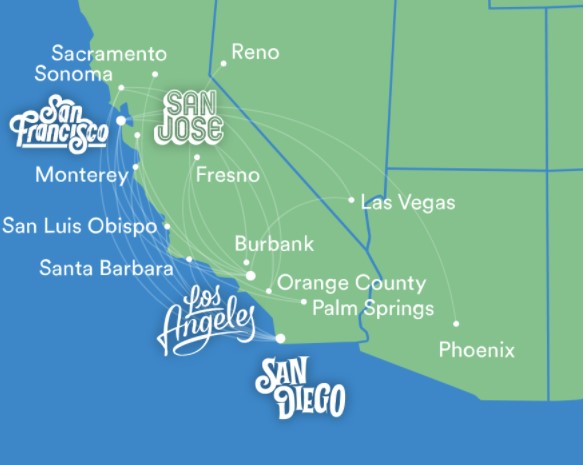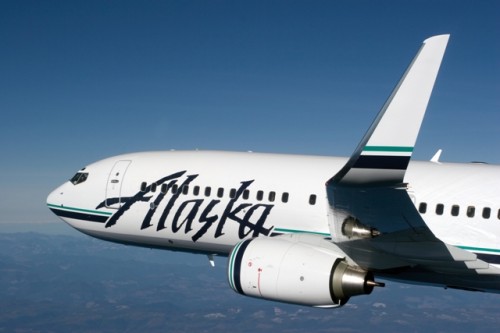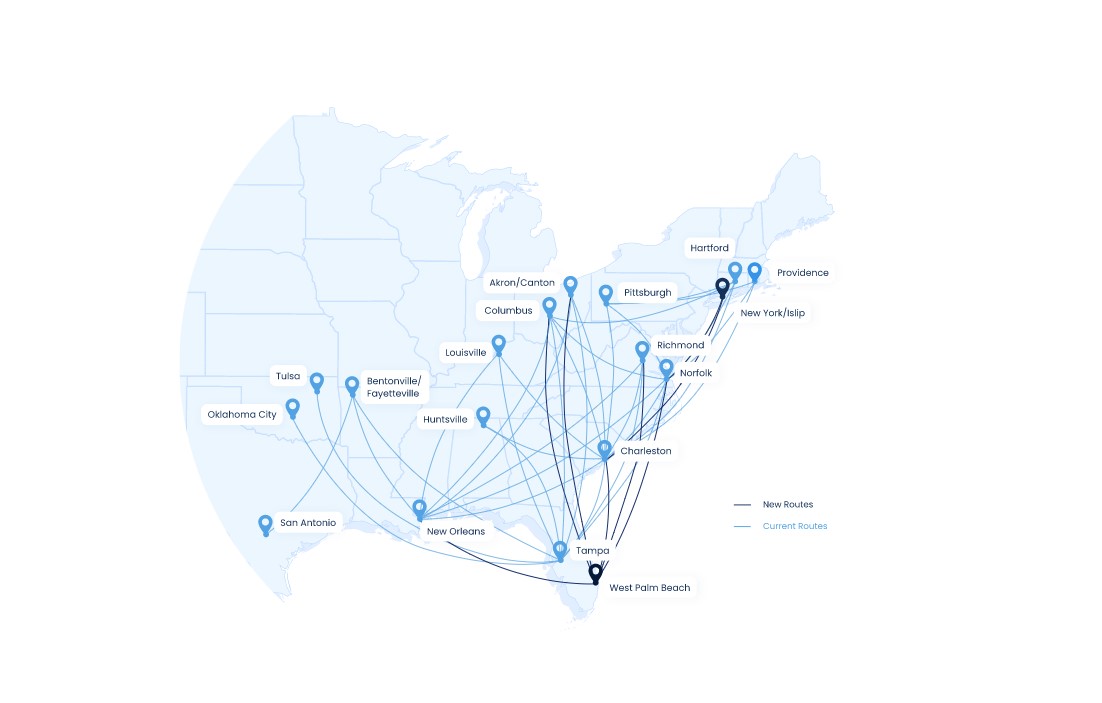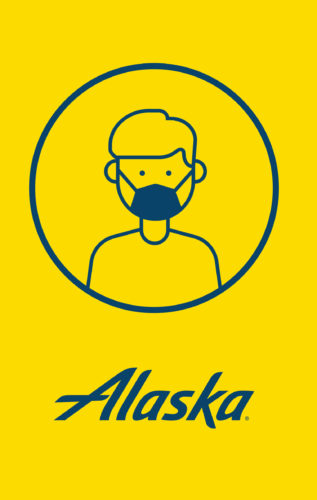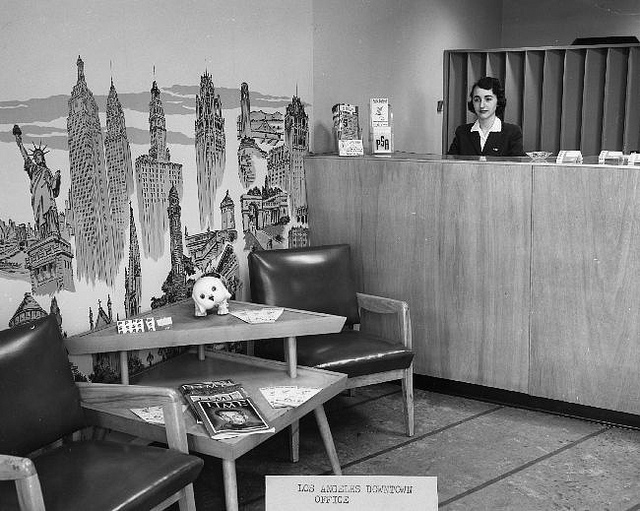
A lot has changed when it comes to buying an airline ticket.
You no longer need to go to an airline ticket office, wait in line, and buy a paper ticket.
These days, airline tickets are almost exclusively purchased online. And the ‘when’ of buying an airplane ticket has changed too.
Here’s a slightly different version of a story we put together for the Lonely Planet site with tips for timing your flight purchase.
Monitor before you buy
If you can, start your hunt for the best airfare well before the date you want to fly. That will help you recognize and respond when fares dip or begin to rise.
You may not get the absolute lowest fare, but you’ll know that you’re getting a fair fare.
For international trips, that means starting to monitor fares up to 6 to 7 months in advance and purchasing 3 to 5 months in advance, says Haley Berg, Lead Economist at booking site Hopper.
When looking for domestic flights, start searching fares 3 to 4 months before you plan to take a trip, says Berg, and purchase 1 to 2 months before takeoff.
And if you can’t plan that far ahead, “the main thing to remember is the 21-day rule,” says Scott Keyes of airfare search site Going.
He notes that most fares include in the fine print an advance purchase requirement, which says that the cheapest fare is only available if booked at least, say, 21 days before travel. “On Day 20, that previously cheapest fare expires, and the new cheapest fare is often $100 or $200 more expensive.”
Price tracking tools, services, and apps, such as Google Flights, Kayak, Hopper, Skyscanner, and many others do a good job of monitoring fares for you and alerting you to deals and ideal times to buy.
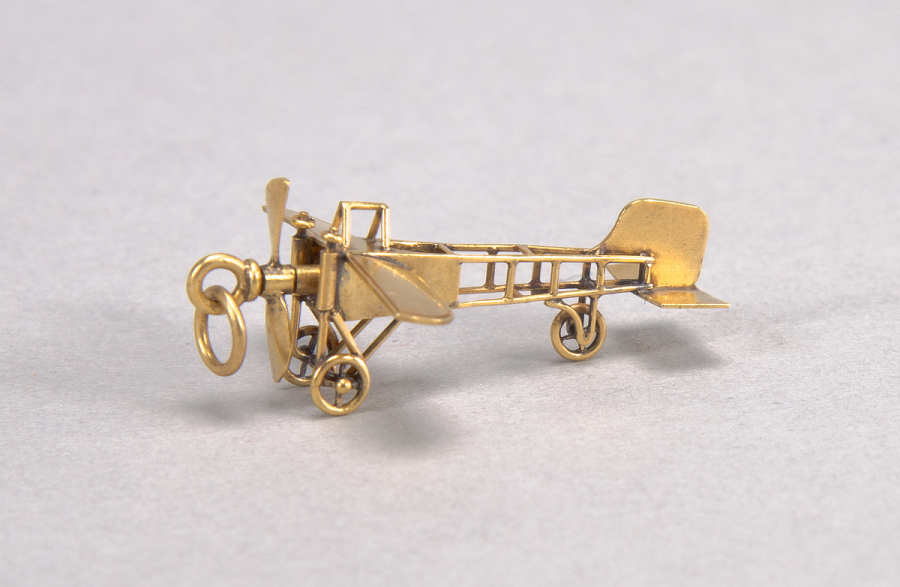
Go ahead and use one of the flight search engines to compare flights across many airlines, says Keyes, but once you find the flight you want, it’s best to purchase your ticket directly from the airline.
Why?
“Certain legal protections only apply when you book directly with the airline,” says Keyes. Most notably the US federal government’s 24-hour rule requires airlines to give you a full cash refund within 24 hours of purchase if you change your mind about buying that ticket because, say, you found a better fare or your plans change right away.
Also, not having a go-between can mean fewer hassles if there is a weather delay or some other problem on the day of your scheduled flight.
Booking myths
Airlines constantly rejigger fares according to a myriad of algorithms that can change in seconds, minutes, or hours.
So, while there may not be a best or cheapest time or day to book your flight, there are some best times to take your flight, says Keyes, “Business travelers tend to avoid flying Tuesday, Wednesday and Saturday, so airfares are often 30% to 40% cheaper on those days.”
Beware of cheap fares
Many of the airlines’ cheapest fares come with multiple stops, super long layovers, and stricter rules for refunds and rebooking. Others may impose extra fees for everything from choosing your seat to printing out a boarding pass or putting a bag in the overhead bin. Be sure to check the fine print so you do not get surprised.


